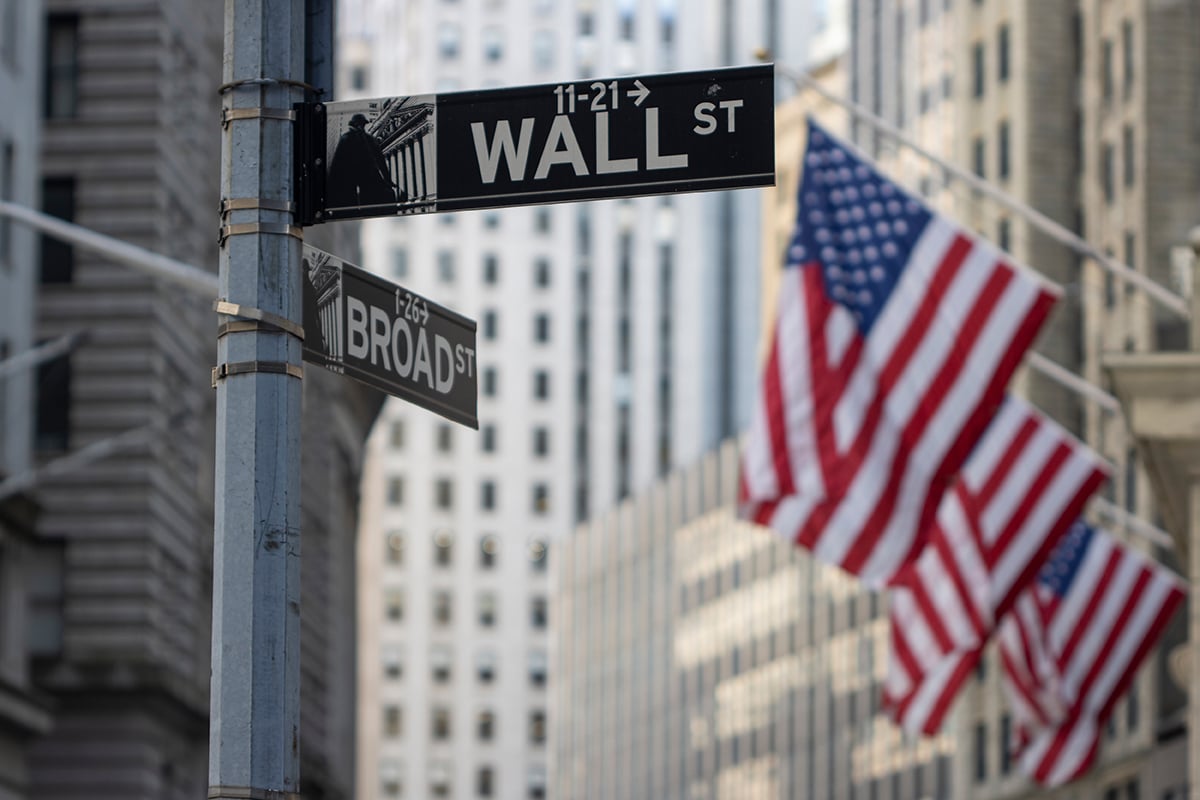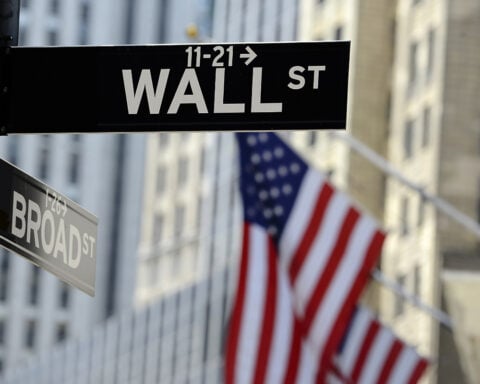In a week marked by impressive gains, Wall Street managed to maintain its upward trajectory as the U.S. stock market steadied on Monday. The S&P 500 increased by 0.3% in morning trading, building on its performance from what was its best week of the year. The Dow Jones Industrial Average rose by 178 points, or 0.4%, while the Nasdaq composite edged up by 0.1%.
A notable player in the stock market was Advanced Micro Devices (AMD), which saw its shares climb 2.8% following the announcement of a significant acquisition. AMD revealed it would acquire ZT Systems, a supplier in the cloud computing and artificial intelligence sectors, in a deal valued at $4.9 billion. This news provided a boost amid a generally quiet trading session.
Conversely, Guess? Inc. experienced a 2.9% decline in its stock value. This drop followed the resignation of its Chief Financial Officer, who left to pursue another opportunity. The apparel company is currently in the process of searching for a new CFO and has appointed an interim replacement.
In the bond market, trading was relatively subdued. The yield on the 10-year Treasury note inched down to 3.87% from 3.88% late Friday. Investors are awaiting a key event later in the week: a speech by Federal Reserve Chair Jerome Powell scheduled for Friday. This speech, taking place in Jackson Hole, Wyoming, is expected to be a focal point for market watchers. Historically, Jackson Hole has been a venue for major Fed policy announcements, though this time expectations are tempered. Most market participants anticipate that the Federal Reserve will cut interest rates next month, marking the first reduction since the Fed began its aggressive rate hikes in early 2022.
The recent weak hiring report in the U.S. has intensified concerns that the Fed might have kept rates too high for too long. This uncertainty, coupled with concerns over inflated valuations of technology stocks, particularly those involved in artificial intelligence, contributed to a turbulent period for global markets. Notably, Japan’s market experienced severe declines, including its worst day since the 1987 Black Monday crash.
However, market sentiment has improved following reassurances from the Bank of Japan regarding interest rates. Recent U.S. economic reports have also been stronger than expected, with positive data on inflation and retail sales bolstering investor optimism.
This week is expected to be quieter in terms of economic reports, with the highlight likely being a preliminary report on U.S. business activity due on Thursday. Additionally, the corporate earnings season is winding down, with retailers such as Lowe’s, Ross Stores, Target, and TJX set to release their quarterly results. So far, more than 90% of S&P 500 companies have reported, showing nearly 11% growth in earnings per share from the previous year—marking the best growth since late 2021.
Consumer sentiment has shown improvement, with U.S. consumers feeling more optimistic about the economy. However, concerns persist about the sustainability of consumer spending, particularly among lower-income groups facing high prices despite the easing of inflation.
Globally, markets outside the U.S. have exhibited mixed reactions. The Nikkei 225 in Japan fell by 1.8% due to the yen’s appreciation against the U.S. dollar, which can diminish profits for Japanese exporters. Despite this, other Asian markets and European indexes displayed more stable movements, reflecting a period of cautious optimism across global financial markets.







